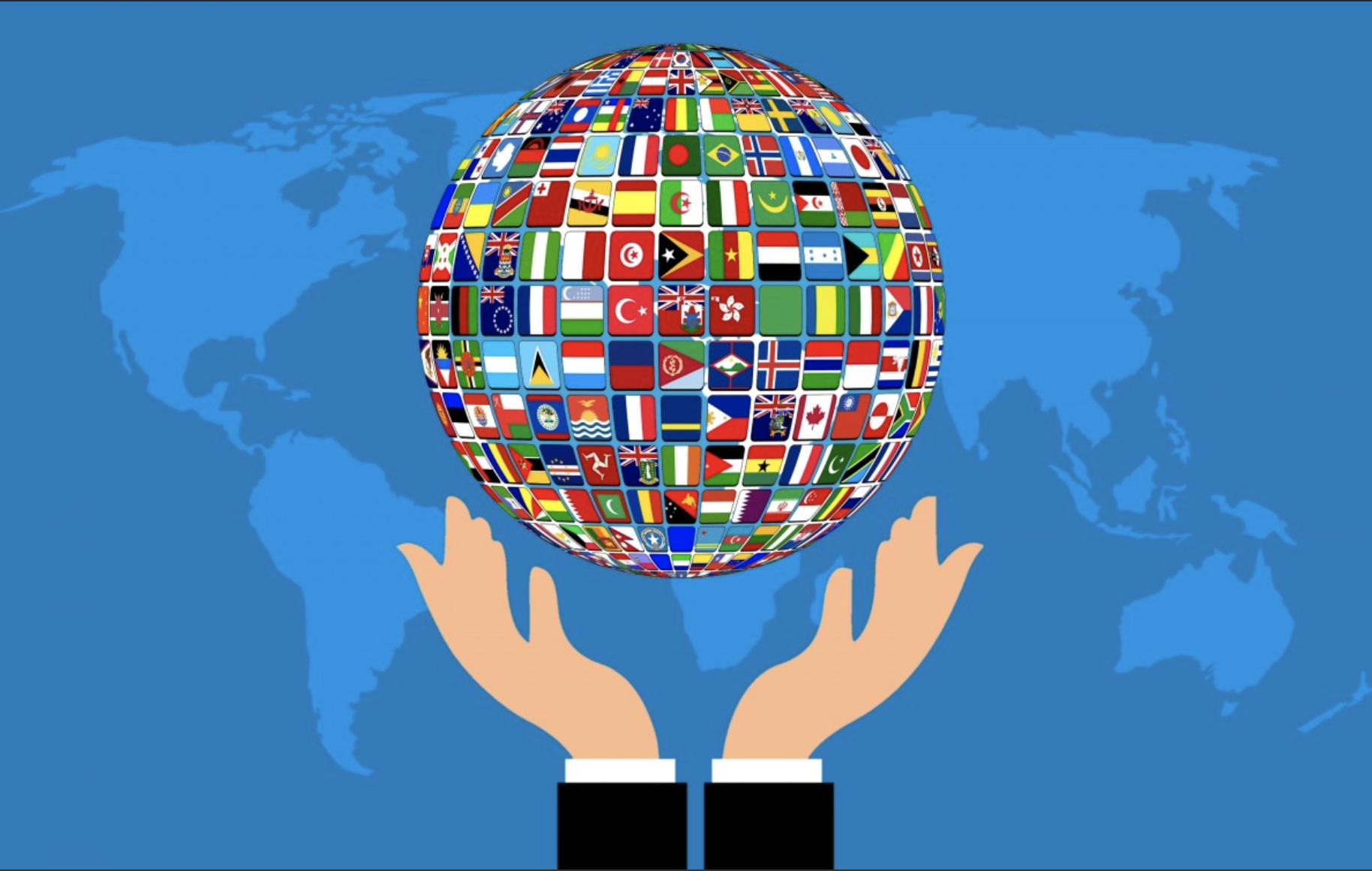Genomics’ Ethical Gray Areas Are Harming the Developing World
By Dyna Rochmyaningsih,
Undark Magazine
| 02. 24. 2022
Since the first human genome was sequenced in the early 2000s, scientists have touted the breakthrough as a blessing to humanity — one that holds promise to promote human health and enhance medical treatment the world over. But around two decades later, the benefits of that scientific advancement have barely rippled out beyond Europe and North America. As of 2018, people of European ancestry —who represented approximately 16 percent of the world population at the time — made up 78 percent of all individuals whose genomes have ever been collected and studied.
Over the last decade or so, international studies on human population genetics have begun to expand genomic libraries to encompass regions of the Global South — including Southeast Asia, where I am a science reporter, and the Pacific islands. These international studies, often led by Western scientists, have contributed to a more global understanding of ancient patterns of human migration and evolution. But on some occasions, they’ve also sidestepped local regulatory agencies in the developing world, and ventured into murky research ethics terrain as a result.
A recent example...
Related Articles
By Scott Solomon, The MIT Press Reader | 02.12.2026
Chris Mason is a man in a hurry.
“Sometimes walking from the subway to the lab takes too long, so I’ll start running,” he told me over breakfast at a bistro near his home in Brooklyn on a crisp...
By Katrina Miller, The New York TImes | 02.05.2026
Joseph Yracheta: The Native Biodata Consortium is the first nonprofit data and sample repository within the geographic bounds and legal jurisdiction of an American Indian nation, on the Cheyenne River Sioux Reservation in Eagle Butte, S.D.
NativeBio participated in a ...
By David Jensen, California Stem Cell Report | 02.10.2026
Touchy issues involving accusations that California’s $12 billion gene and stem cell research agency is pushing aside “good science” in favor of new priorities and preferences will be aired again in late March at a public meeting in Sacramento.
The...
By Lauren Hammer Breslow and Vanessa Smith, Bill of Health | 01.28.2026
On Jan. 24, 2026, the New York Times reported that DNA sequences contributed by children and families to support a federal effort to understand adolescent brain development were later co-opted by other researchers and used to publish “race science”...




